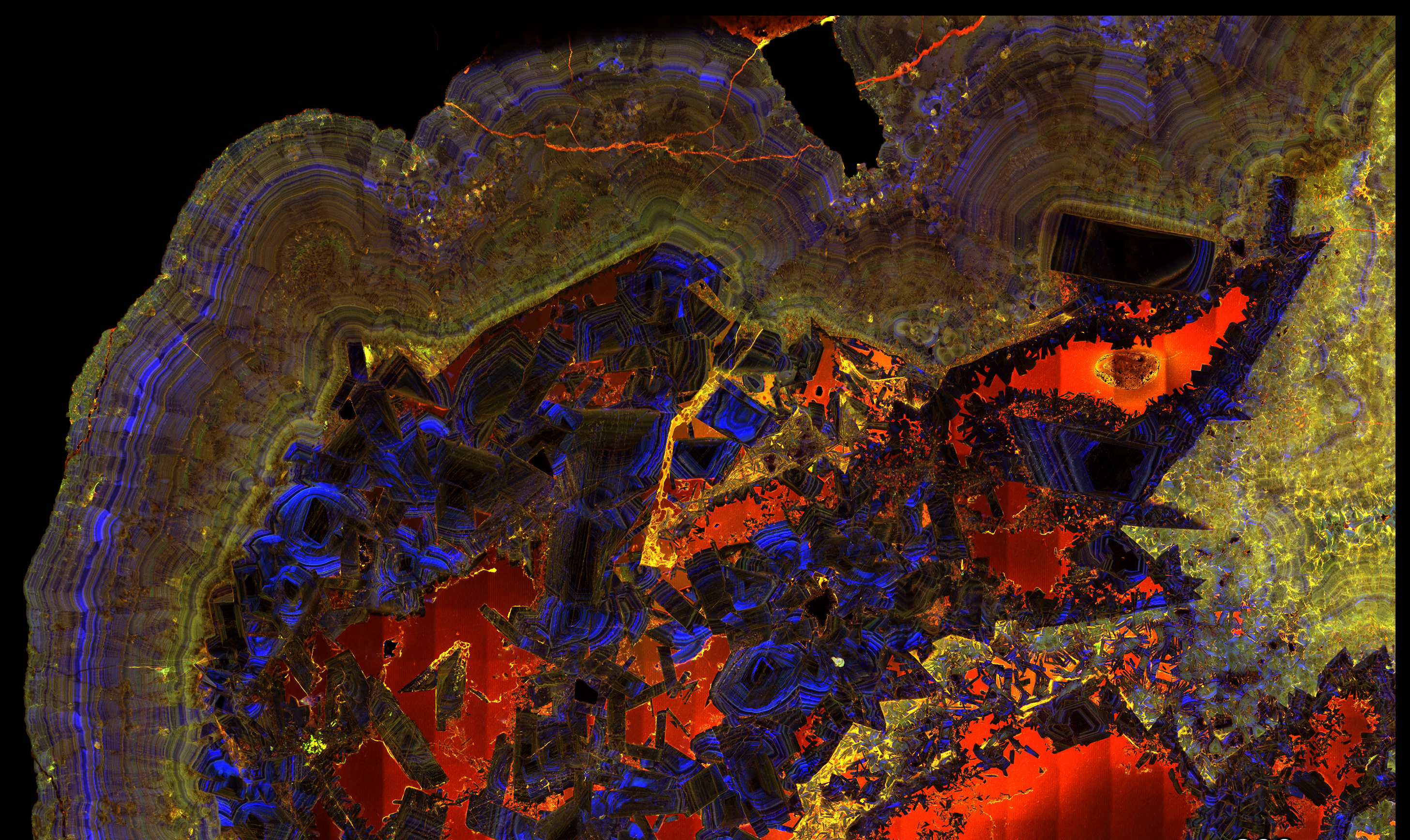- Accueil
- FR
- Étudier
- Offre de formation
- fcsante
-
Partager cette page
University Certificate in Kidney Stone Disease : from diagnosis to treatment
Pour en savoir plus :
Info & Inscription
Info & Inscription
Accroche introductive
At a time when our knowledge and treatment options for kidneys stone disease have advanced so much, clinical outcomes remain suboptimal, with many patients unable to achieve good control of their disease.
Accéder aux sections de la fiche
Call to actions
-
Intitulé du programmeUniversity Certificate in Kidney Stone Disease : from diagnosis to treatment
-
mnémonique du programmeFC-847
-
Programme organisé par
- Centre de Formation Continue en Santé et Sciences de la vie
- Faculté de Médecine
-
Type de titreformation continue
-
Secteur et domaine d'étudesSciences, technologie, santé/Médecine et Santé
-
Accessible en reprise d'étudesoui
-
Type d'horaireEn journée
-
Langues d'enseignementanglais
-
Durée de la formationlongue (plus de 15 jours)
-
CampusAutre campus
-
Catégorie / ThématiqueSanté - Sciences médicales
-
E-mail de contact
-
Téléphone de contact
Présentation
Détails
Informations générales
Type de titreformation continue
Durée de la formationlongue (plus de 15 jours)
Langue(s) d'enseignementanglais
Type d'horaireEn journée
CampusAutre campus
Catégorie(s) - Thématique(s)Santé - Sciences médicales
Faculté(s) et université(s) organisatrice(s) Stageoui
Accessible en reprise d'étudesoui
Pour en savoir plus :
Info & Inscription

Présentation
Horaire
En journée
Calendrier & inscriptions
Calendrier & inscriptions
Pour en savoir plus :
Info & Inscription
Info & Inscription
Programme
Pour en savoir plus :
Info & Inscription
Info & Inscription

